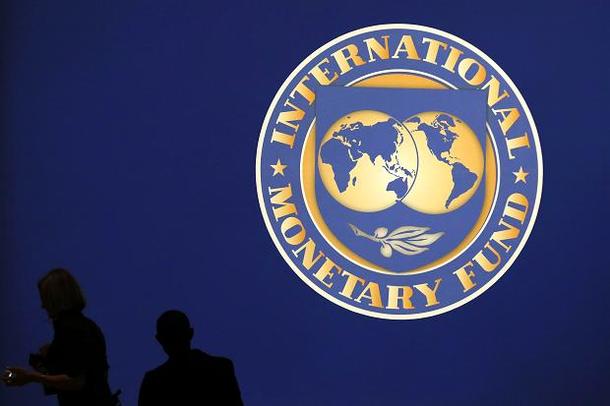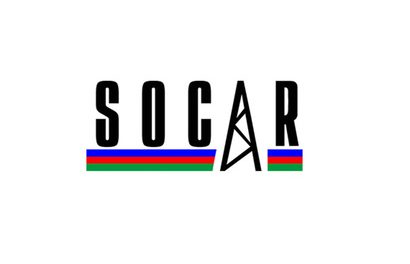Reuters
Greece needs to improve the efficiency of its public sector dramatically to meet fiscal targets and avoid new austerity measures, the International Monetary Fund said on Tuesday.
It cautioned that reform fatigue had set in among the ruling coalition.
"Adjustment fatigue has set in and the coalition government has a reduced majority of just two seats in the 300-member parliament," the IMF said in its latest review of Greece's progress under its 240-billion-euro bailout.
"This is making it difficult to move forward boldly and swiftly with needed reforms."
Athens's reform record has been patchy since it was first bailed out by the European Union and IMF in 2010, and has often led to delays in the disbursement of rescue funds.
Prime Minister Antonis Samaras has sought to show that his government will continue a reform drive despite defeat in Greece's EU Parliament election last month, naming a reforms-minded economist as finance minister on Monday.
Responding to the IMF's comments, the government said it needed no new austerity measures to meet its targets.
"The Greek government expects that, as in 2013, its forecasts will materialize and it will not take further austerity measures to meet its economic and fiscal targets for 2015-16," the finance ministry said in a statement.
Newly-appointed Finance Minister Gikas Hardouvelis pledged he would not stray from the policies pursued by his predecessor Yannis Stournaras, who is widely expected to be appointed new governor of the Bank of Greece.
"The economy is stabilizing, it's important to continue with the reforms," Hardouvelis told Reuters shortly after being sworn in on Tuesday.
Addressing his new cabinet, Samaras pledged to stick to the reform path but also fix any injustices by gradually easing Greeks' tax burden as they struggle with record unemployment and plummeting income.
"We will make changes, we will speed things up, we will correct everything we can correct … to exit the crisis faster, with stability," he said.
DEBT REMAINS HIGH
Still, the IMF warned the country's public debt remained "very high", adding that EU help was essential to make it sustainable. Greece is expected to begin talks for further debt relief from its European partners later this year.
"With debt projected to exceed the targeted path, it is … essential that Greece's European partners reaffirm their commitments to the agreed debt strategy by standing ready to provide the additional relief needed to keep debt on this path," the IMF said.
Without further debt relief or additional bond issues, Greece will face a funding gap of 12.6 billion euros after May 2015, the IMF said. It also projected Greece falling short of its 2015 budget surplus target by about 2 billion euros in 2015, or about 1 percent of gross domestic product.
The IMF expects Greek debt to peak at 174 percent of GDP this year before declining to 128 percent in 2020 and 117 percent in 2022. The European Commission puts it at about 125 percent of gross domestic product in 2020 and at about 112 percent in 2022.
Twice bailed-out Athens has qualified for further debt relief from its lenders after last year posting a primary budget surplus before interest payments.
In a sign of growing confidence in the country, investors eagerly bought 3 billion euros of Greek government bonds in April, ending the country's four-year exile from bond markets.
Under the terms of a deal stuck in November 2012, the EU has promised to provide further debt relief to Greece on condition that it will widen its primary budget surplus in the years to come. Talks will be held in the second half of this year.
"The priority now is to lower the public debt, to which our partners have committed," the finance ministry said in a statement following the report's publication.



















